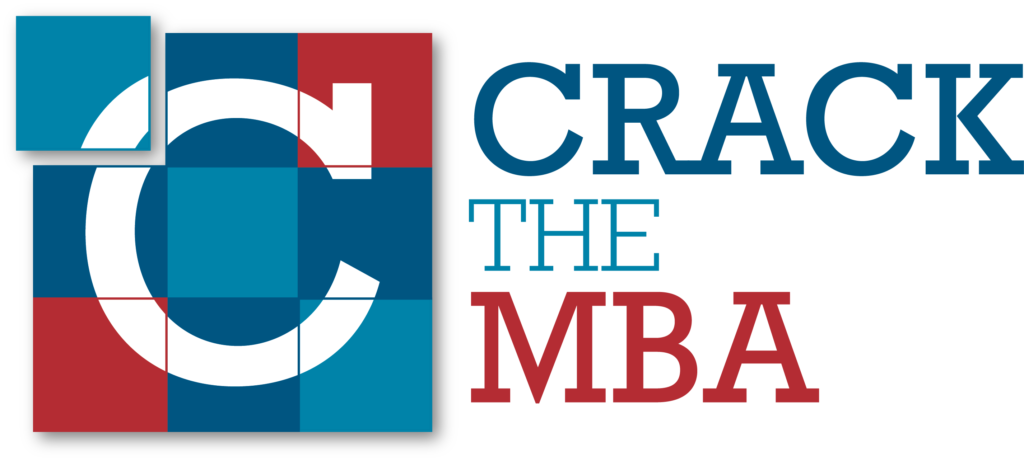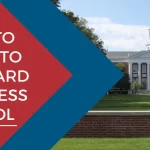MBA Admissions Tips from Former Director at Cass Business School

Anjana Nathwani
CEO, ABP
Today, we will feature an exclusive interview of Anjana Nathwani. In her past life, Anjana was a Director at Cass Business School (CBS). In her role there, Anjana worked on designing the MBA program, and hence, was closely involved with recruiters, faculty, full-time MBA and Executive MBA students. Anjana has been a guest lecturer at many universities including Warwick in UK, Carnegie Mellon in USA, and IESE in Spain where she has taught courses in Strategy & Leadership. Furthermore, Anjana has also participated in multiple conferences and visiting faculty programs and thus, has a great understanding for the education space globally. Anjana is the CEO at Athena Business Psychologists, which she founded in order to assist businesses in unleashing the value of human potential and thereby enhancing business performance. As a result of these experiences, Anjana brings a strong understanding of what it takes to get into an MBA program, how people can successfully leverage their time at the program as well as what it takes to be successful after one graduates from B-school.
Full-Time vs. Executive MBA Program
Given Anjana’s involvement with both full-time and executive MBA programs, we wanted to get her opinion on what differentiates the two program types from each other. According to Anjana, an Executive MBA degree offers students a more pragmatic approach as they work and study at the same time. This enables them to constantly apply what they learn in the classroom and also to share their learning with classmates. The full-time MBA program is more of a full immersion where candidates are more involved in academic, social, professional activities with each other. The complete immersion and recruitment opportunities offered by the full-time MBA program are unparalleled. As a result, depending on each individual’s circumstance (career goals, company sponsorship situation, family situation, age, etc.), they may need to pursue different types of degrees.
Advice for Prospective MBA Candidates
- Why MBA? Think of what the MBA will give you in terms of USP
You must think what is the value add for you. MBAs are more and more becoming like a badge that everyone feels the need to possess. As an MBA education is a huge investment in terms of time and money, applicants must be clear on their motivations to pursue the degree. Not only will this help you decide whether an MBA is really right for you, it will also help you approach the MBA in a more structured manner. Think of what the MBA will give you in terms of USP
- Demonstrate academic rigor through GPA and GMAT
- Where do you want to do your MBA?
An MBA is a lifetime opportunity and one should try to make it a stretching opportunity. Do not settle for anything less than the best. Research the faculty in detail by reading research, articles and books by the faculty. Quite a few people might be open to phone conversations and emails. Be proactive in your outreach and show curiosity.
- What do you want to specialize in?
Be clear about what you want to specialize in as that will also help determine your choice of school. For e.g. when one thinks of Finance in London, one thinks of London Business School; when one thinks of Strategy/Consulting, INSEAD comes to mind etc.
- Does the MBA have to be full-time?
Ask yourself these tough questions. E.g. of someone who did the Distance Learning MBA from Warwick and now Heads IT at Goldman Sachs in London
- Sometimes, there can be an over-emphasis on technical ability; it is important for people to focus on a well-rounded personality and explore other interests including extra-curricular and community service activities
How to maximize your time during the MBA program itself
- Importance of Internships, especially for people who are young (2 years of experience); most people do an MBA so they can have a senior leadership role at some point; understand leadership within an organization
- There are career counselors who are assigned, important to use those resources
- Try and develop a curiosity about your course mates; why are they in the program; understand their history & aspirations
How to excel at your internships and/or full-time jobs
- Choose stretching assignments
- Get a well-rounded internship experience by working in different rotations such as marketing, finance and strategy
- Within the internship, take an opportunity – smart person would go and say, can I go and talk to so and so, get a mentor, talk to senior people, network within the organization, will give you wider understanding of how different people operate, thinking, wider roles
- Make the internship work to your advantage: All companies want interns, they know there are projects. Organizations do not think about structure. Make it work for yourself, to your advantage by being clear about what you want out of the experience and taking initiative






